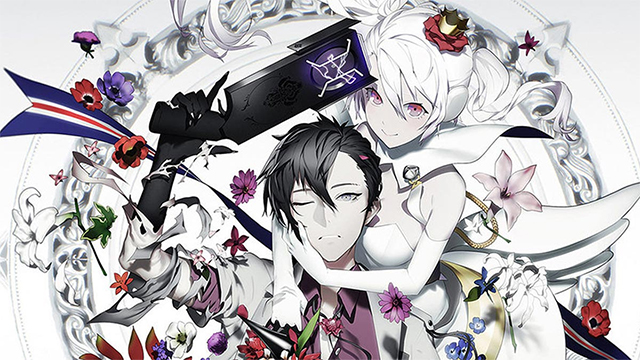FuRyu’s The Caligula Effect was one of the best games of 2017, a role-playing game in the vein of Persona that dealt with issues of perception and what constituted reality. However, the very existence of the game is a bit of a perceptual quandary in and of itself. After all, if a title releases exclusively for PlayStation Vita in 2017 and nobody plays it, does it…

Atlas is an action-rpg with rogue-like elements where you use your ability to control the ground to fight the enemies and move through procedurally generated worlds.










